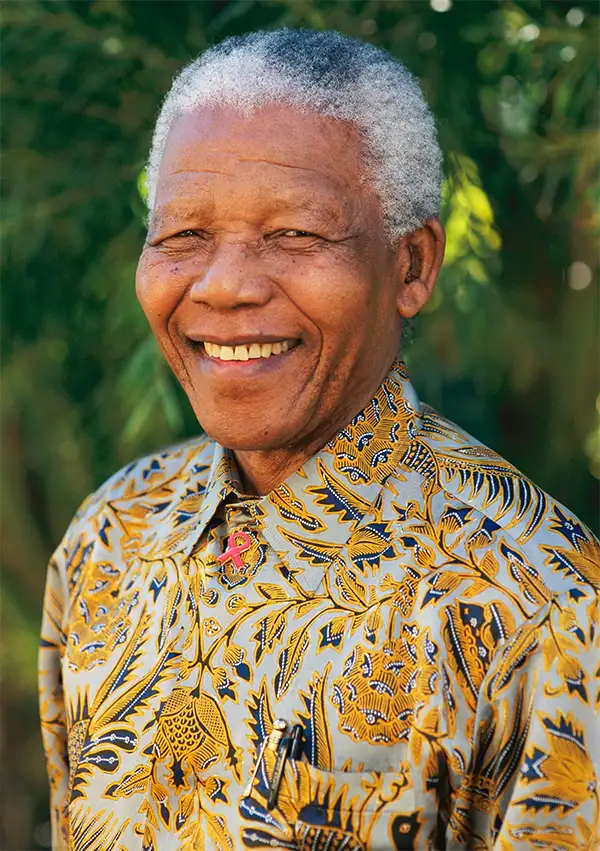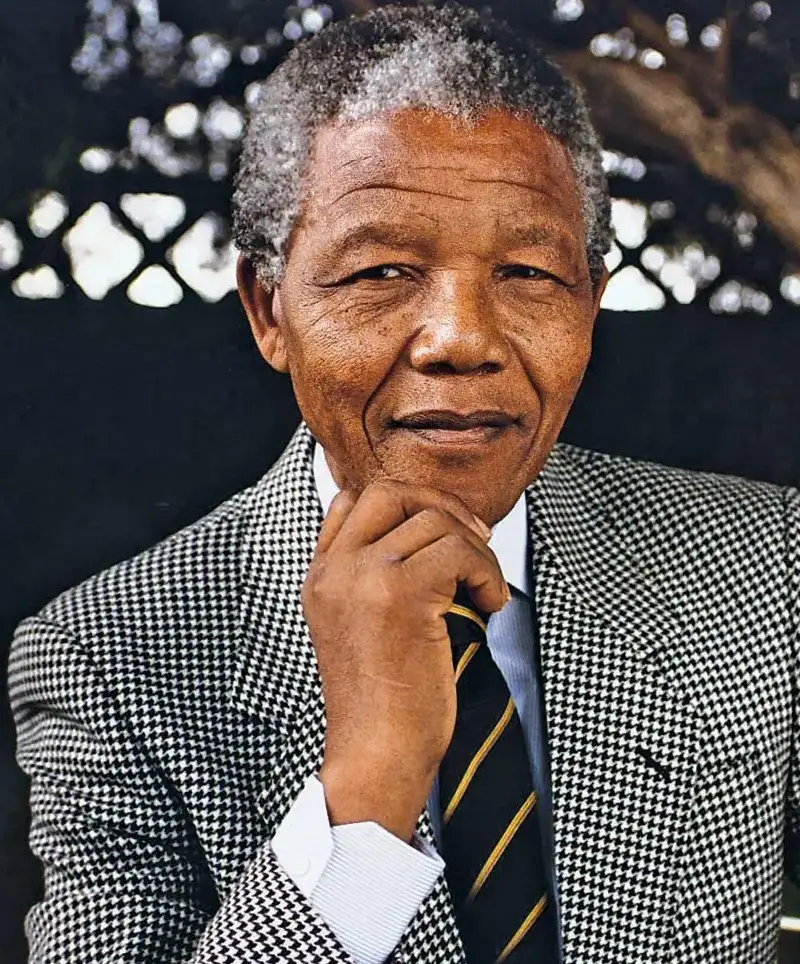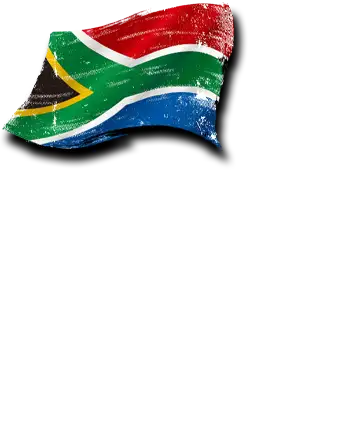Honoring a Global Icon
Nelson Mandela International Day, celebrated annually on July 18th, commemorates the birth and legacy of one of the world's most revered leaders. The United Nations officially recognized this day in November 2009, urging people to dedicate 67 minutes of their time to community service in honor of the 67 years Mandela devoted to fighting for social justice and human rights. This day serves as a reminder of Mandela's enduring contributions to the world and his unwavering commitment to equality, peace, and reconciliation.
Early Life and Education
Nelson Rolihlahla Mandela was born on July 18, 1918, in the village of Mvezo, in Umtata, then part of South Africa's Cape Province. His birth name, Rolihlahla, colloquially means "troublemaker," a fitting precursor to his role in challenging the oppressive systems of his time. He was born into the Madiba clan of the Xhosa-speaking Thembu people, whose culture and traditions deeply influenced his early years.
Mandela's father, Gadla Henry Mphakanyiswa Mandela, was a local chief and councilor to the monarch. His father's position provided young Mandela with a unique perspective on leadership and governance. However, his father's defiance of colonial authorities led to his dismissal, resulting in the family's relocation to Qunu, where Mandela spent much of his childhood.
After his father's death when Mandela was nine, his mother, Nosekeni Fanny, took him to the Great Place in Mqhekezweni, the royal palace of the Thembu regent, Chief Jongintaba Dalindyebo. This move was transformative, as Chief Jongintaba became Mandela's guardian, treating him as his own son and ensuring he received a quality education.
Mandela's formal education began at a local mission school in Qunu. It was here that he was given the English name "Nelson" by his teacher, Miss Mdingane, in accordance with the tradition of giving African students English names. Mandela excelled in his studies and was later sent to the prestigious Clarkebury Boarding Institute. He completed his Junior Certificate in two years instead of the usual three, demonstrating his academic prowess and determination.
Following Clarkebury, Mandela attended Healdtown, a Wesleyan secondary school of some repute. His time at Healdtown was marked by a growing awareness of the political and social injustices faced by black South Africans. This awareness was further honed at the University College of Fort Hare, the premier institution of higher learning for black Africans in Southern Africa.
 At Fort Hare, Mandela studied liberal arts, with a focus on law. It was here that he met Oliver Tambo, who would become a lifelong friend and comrade in the struggle against apartheid. Mandela's time at Fort Hare was cut short when he was expelled for participating in a student protest against university policies. This act of defiance marked the beginning of his lifelong commitment to activism and justice.
At Fort Hare, Mandela studied liberal arts, with a focus on law. It was here that he met Oliver Tambo, who would become a lifelong friend and comrade in the struggle against apartheid. Mandela's time at Fort Hare was cut short when he was expelled for participating in a student protest against university policies. This act of defiance marked the beginning of his lifelong commitment to activism and justice.
After leaving Fort Hare, Mandela returned to Mqhekezweni, where he faced an arranged marriage orchestrated by Chief Jongintaba. Unwilling to accept this fate, Mandela fled to Johannesburg, where he worked in various jobs, including as a night watchman and a law clerk, while completing his Bachelor of Arts degree through correspondence from the University of South Africa (UNISA).
In Johannesburg, Mandela enrolled at the University of Witwatersrand to study law. His time at "Wits" exposed him to a diverse group of individuals and ideas, further shaping his political views. Despite facing racial discrimination and financial difficulties, Mandela persevered, ultimately passing his qualifying exams to become a lawyer.
Mandela's education was not just confined to formal institutions. His experiences, the people he met, and the challenges he faced all contributed to his understanding of the world and his determination to change it. His early life and education laid the foundation for his future role as a leader in the fight against apartheid and his unwavering commitment to justice and equality.
Anti-Apartheid Struggle
Mandela's journey into political activism began in earnest in the 1940s when he joined the African National Congress (ANC). The ANC, under Mandela's leadership, initially advocated nonviolent resistance against the oppressive apartheid regime. However, after the Sharpeville Massacre in 1960 and the banning of the ANC, Mandela co-founded the militant Umkhonto we Sizwe (Spear of the Nation) to sabotage government installations.
In 1962, Mandela was arrested and convicted of sabotage and other charges. He was sentenced to life imprisonment in 1964 during the Rivonia Trial. Mandela spent 27 years in prison, primarily on Robben Island, enduring harsh conditions but remaining a symbol of resistance and hope. His letters and writings from prison continued to inspire the anti-apartheid movement globally.
Leadership and Presidency
Mandela's release on February 11, 1990, marked a pivotal moment in South African history. He led negotiations to dismantle apartheid, culminating in the first multiracial elections in 1994, where he was elected South Africa's first black president. His presidency focused on reconciliation, nation-building, and creating a new constitution that enshrined human rights and equality.
Nelson Mandela's legacy transcends his role in ending apartheid. He championed peace, forgiveness, and the power of dialogue. His establishment of the Truth and Reconciliation Commission aimed to heal the wounds of apartheid through transparency and restorative justice. Mandela's commitment to social justice extended beyond South Africa, making him a global advocate for human rights and dignity.
Celebrating Mandela Day
Nelson Mandela International Day encourages people worldwide to reflect on Mandela's values and to take action in improving their communities. Whether through volunteer work, supporting educational initiatives, or advocating for social justice, Mandela Day embodies the belief that every individual can make a difference. The 67 minutes of service represent Mandela's 67 years of public service, symbolizing the impact of sustained, small actions in creating a better world.
Nelson Mandela International Day is a solemn reminder of the power of resilience, the importance of justice, and the enduring impact one person can have on the world. As we honor Mandela's legacy, we are called to embody his spirit of compassion, equality, and unwavering commitment to a just society. Through our actions, we continue to keep his vision alive, striving for a world where freedom, peace, and human dignity prevail.
Please Share our Content






 At Fort Hare, Mandela studied liberal arts, with a focus on law. It was here that he met Oliver Tambo, who would become a lifelong friend and comrade in the struggle against apartheid. Mandela's time at Fort Hare was cut short when he was expelled for participating in a student protest against university policies. This act of defiance marked the beginning of his lifelong commitment to activism and justice.
At Fort Hare, Mandela studied liberal arts, with a focus on law. It was here that he met Oliver Tambo, who would become a lifelong friend and comrade in the struggle against apartheid. Mandela's time at Fort Hare was cut short when he was expelled for participating in a student protest against university policies. This act of defiance marked the beginning of his lifelong commitment to activism and justice.








 "Sláinte!" is a traditional Irish expression used as a toast, equivalent to "Cheers!" in English.
"Sláinte!" is a traditional Irish expression used as a toast, equivalent to "Cheers!" in English.